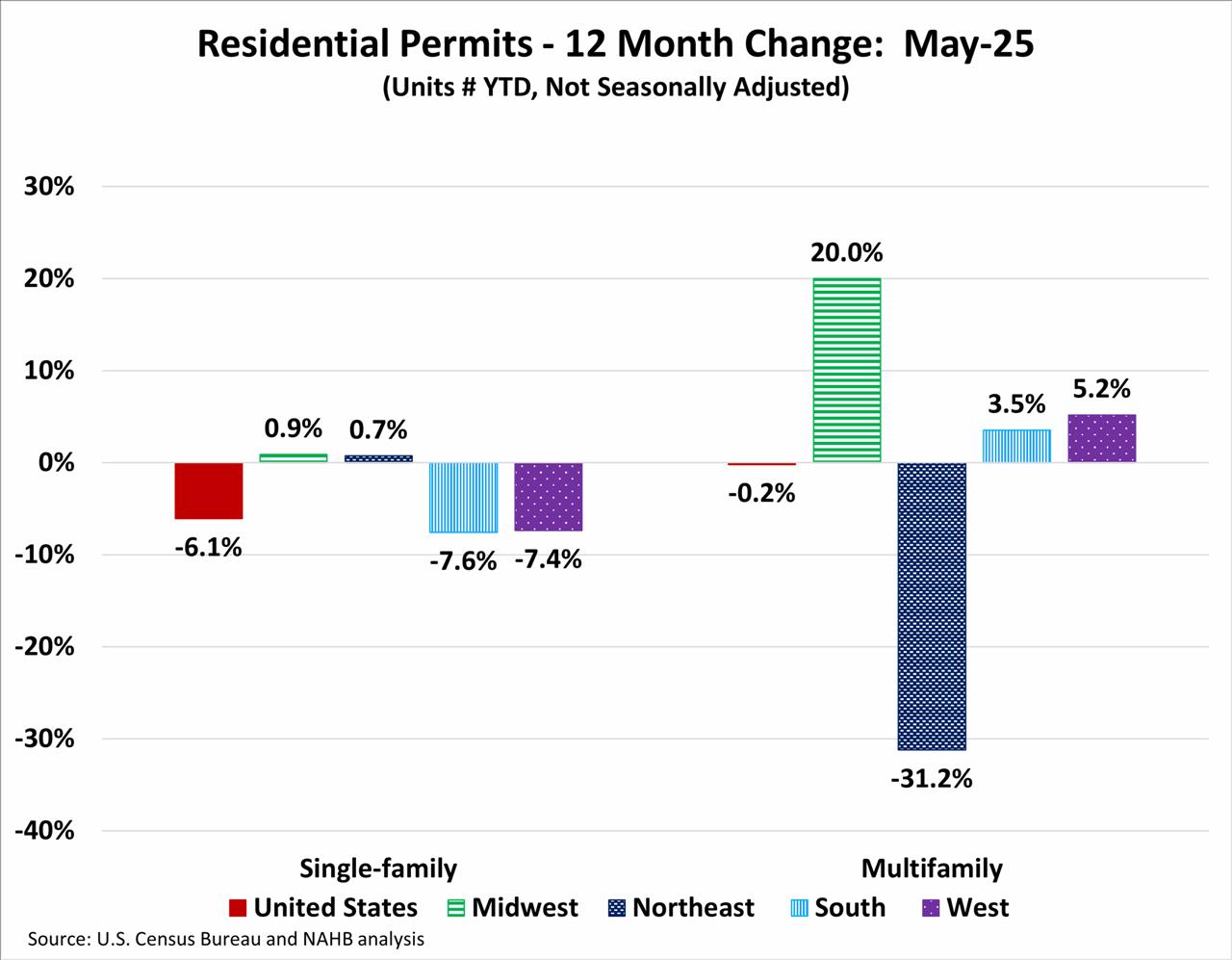
Ivory Coast Cocoa Grind Plummets By 31.2% In July
Cocoa processing in Ivory Coast saw a significant decline in July, with the nation's cocoa grind dropping by 31.2% compared to the same period last year. According to figures released by the Ivory Coast Exporters' Association, the volume of cocoa ground during the month amounted to just 39,301 metric tons, marking a sharp fall from the 57,125 metric tons processed in July 2023. This downturn has raised concerns within the industry, particularly among exporters and grinders, who are grappling with challenges affecting both the quality and quantity of beans available for processing.
The drop in grinding activity comes at a time when the global demand for cocoa remains strong, driven by an appetite for chocolate and related products in key markets such as Europe, North America, and Asia. However, the association attributes the poor performance primarily to a combination of factors impacting local cocoa production. Grinders have pointed to a notable deterioration in the quality of beans harvested during the last crop cycle, with some reporting that the beans have been affected by the lingering effects of climate change and pest infestations. These issues have led to significant volumes of cocoa being rejected or downgraded, further exacerbating the supply shortages.
The Ivorian government, which depends heavily on cocoa as a key export commodity, is closely monitoring the situation. The country is the world's largest producer of cocoa beans, and the grinding sector plays a crucial role in the nation's economy. The sharp drop in grinding volumes could have wide-reaching implications, not only for exporters but also for the country's overall cocoa revenue. While the government has been taking steps to support the industry, including providing financial assistance and improving infrastructure, the negative impact on the grinding sector is evident.
See also UAE Hosts Key Africa Debate Conference in DubaiIndustry experts have raised concerns about how this will affect Ivory Coast's position in the global cocoa supply chain. The drop in grinding could diminish the nation's share in processed cocoa products, including cocoa butter, powder, and paste, which are essential ingredients in a variety of consumer goods. If the trend continues into the coming months, Ivory Coast could face increased competition from other cocoa-producing nations that are already ramping up their processing capabilities.
This decline in grinding is compounded by logistical challenges within the country. A shortage of skilled labour, coupled with infrastructure limitations, has made it more difficult for grinders to efficiently process the beans that are available. Although many large-scale operations have managed to maintain production, smaller grinders are particularly affected by the reduced bean quality and limited availability. The added burden of transportation costs, due to poor road networks in rural cocoa-growing regions, has further hindered the ability of grinders to operate at full capacity.
The industry's struggles have also been reflected in the export market. With fewer processed products available, the supply of high-quality cocoa derivatives has tightened, affecting contracts and relationships with international buyers. This is especially troubling for exporters who have been under pressure to meet rising demand in the face of dwindling supplies.
Despite these challenges, some experts suggest that the situation may be temporary. There is cautious optimism that with the upcoming crop cycle, improvements in bean quality and more favourable weather conditions could help reverse the trend. However, this will depend largely on how effectively the government and industry players can address the underlying issues, such as pest management, climate resilience, and logistics.
See also Exports Collapse: South African Cars Shut Out of U.S. MarketIn addition to the domestic challenges, the industry is also confronting global market trends that are not necessarily in its favour. Cocoa prices have been volatile, affected by both supply and demand dynamics in key markets. Although prices have seen an uptick in recent months, the instability in supply chains and the global economic slowdown have cast uncertainty over the future of the market.
Notice an issue? Arabian Post strives to deliver the most accurate and reliable information to its readers. If you believe you have identified an error or inconsistency in this article, please don't hesitate to contact our editorial team at editor[at]thearabianpost[dot]com . We are committed to promptly addressing any concerns and ensuring the highest level of journalistic integrity. Legal Disclaimer:
MENAFN provides the
information “as is” without warranty of any kind. We do not accept
any responsibility or liability for the accuracy, content, images,
videos, licenses, completeness, legality, or reliability of the information
contained in this article. If you have any complaints or copyright
issues related to this article, kindly contact the provider above.


















Comments
No comment